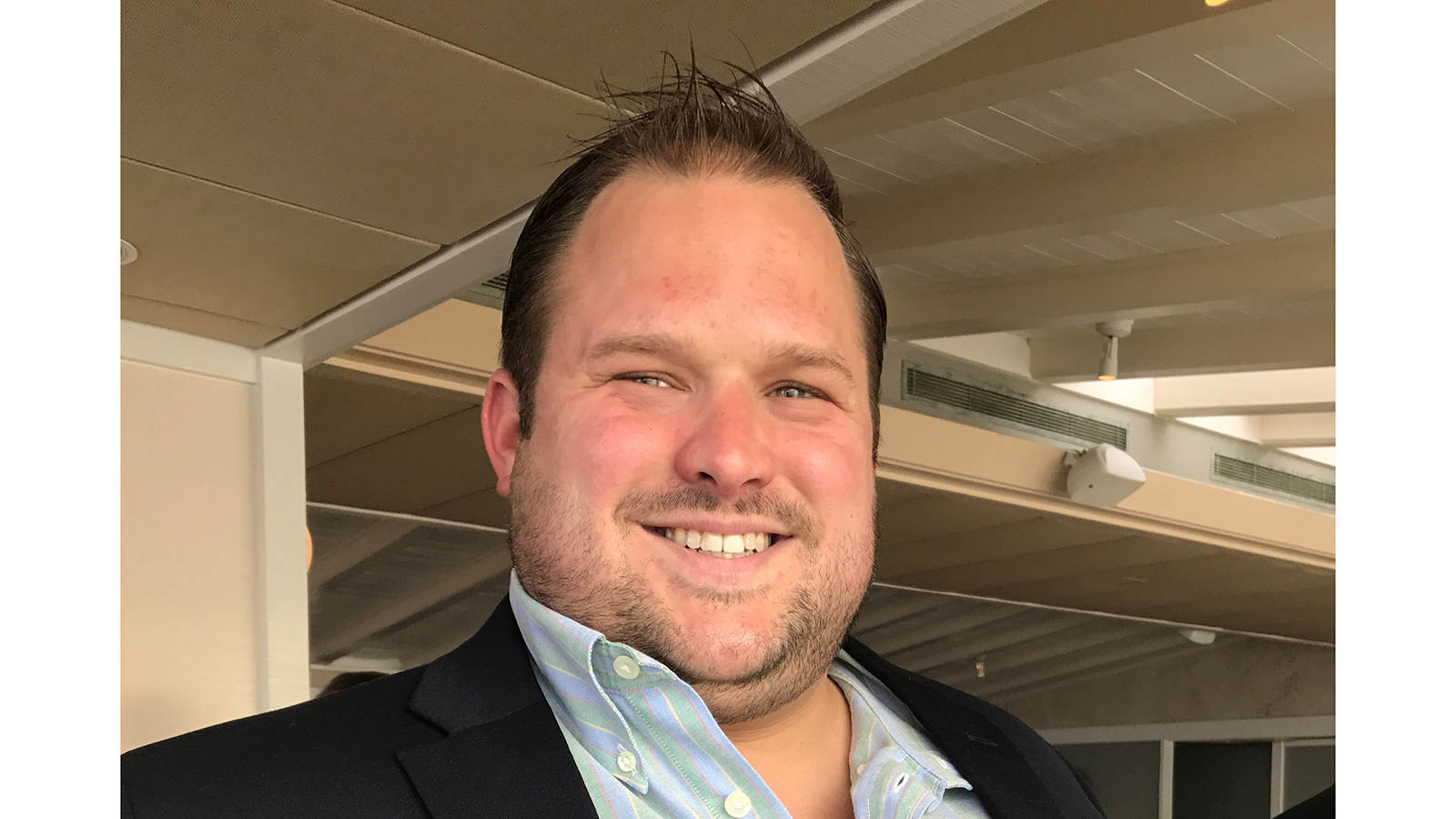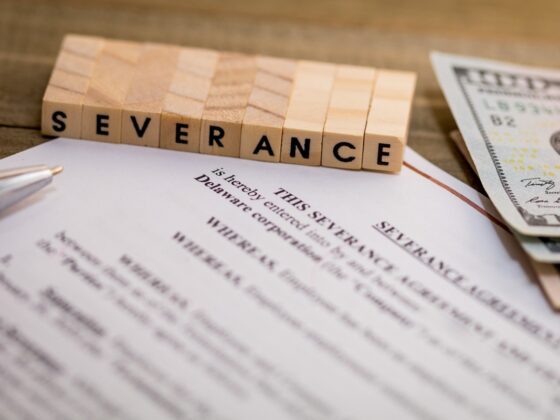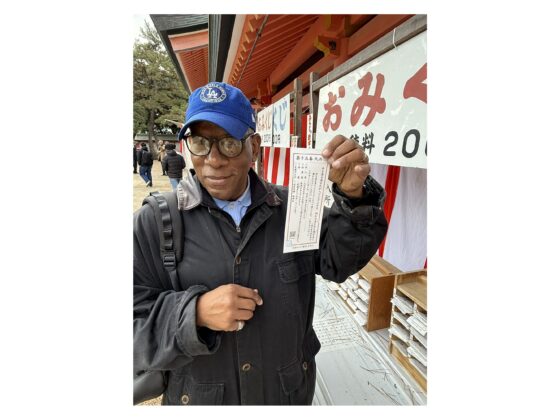David Miller (MBA ’12) shares insights from his recent job search and desire to return to Virginia.
When I first moved to Charlottesville over 9 years ago, it immediately felt like home. During my two years at Darden, I embraced everything the city had to offer: the University of Virginia, Blue Ridge Mountains, the entertainment. The last is particularly special: I met my wife during a show at the Jefferson Theatre in my Second Year. So, when I accepted a job on the West Coast in 2012, my emotions were far more mixed than I expected. While I had just landed my dream job in my dream city, joining ZS Associates consulting in San Diego, California, it meant moving 3,000 miles away from a place I loved.
Fast-forward seven years to this past fall. I was lucky enough to still be with the same firm since graduation, having found a sustainable model in consulting that enabled me to achieve professional success and a (relatively) good work-life balance. I loved living in San Diego. The weather was amazing, beaches were beautiful and we had an incredible group of friends there. I forgot that winter existed.
Still, it was time to come back east. We wanted to scale back our hours, buy a house, be closer to family and think about starting our own. All of those would be tough to do in California. But where to move? We wanted to be in the mid-Atlantic and looked at every major city where jobs would be plentiful. Nothing excited us, though — except Charlottesville. We still had friends in the area, married there in 2016, and always loved coming back to visit. If any place could get us to leave the left coast, it was Cville. I was nervous, though. My expertise was in commercial strategy consulting for large biotech and pharma companies. There aren’t a ton of those jobs in central Virginia. And I wasn’t even sure that kind of work was what I wanted going forward. I only knew that Charlottesville was where we wanted to be.
I decided to schedule an appointment with Darden Alumni Career Services (ACS). I’d been told their support was valuable, though I didn’t know if this would be true for such a targeted job search. Within 15 minutes of meeting my coach, it was clear this was the right place to start. We talked about my goals, the steps to accomplish them and potential companies. Most importantly, my coach told me, “This is achievable” with the right positioning and willingness to be flexible. I was immediately energized. For the first time, I was not just thinking about getting any job in central Virginia but finding the right fit for the next stage of my life.
The next three months were the most meaningful and fulfilling of my career. Not only did I achieve my goals, but in the process gained a ton of introspection about what I wanted my future to look like. After exploring several opportunities, I joined Capital One as a senior business manager, leading a product strategy and analysis team in the company’s credit card customer experience and service improvement organization. My wife and I recently bought a house in the Charlottesville area, which I can easily commute from over to Capital One’s offices on the outskirts of Richmond. We are so excited to call Virginia home again and spend the fall here (after rediscovering humidity this summer).
Critical Factors to Find Success in a Narrowly Targeted Search
- Start with an open mind, then decide where to focus.
After my first ACS appointment, I went into research mode. I combed my first, second and even third level networks to find companies and contacts that were interesting to me and less than an hour drive from Charlottesville. This led to a target list of over 20 prospective companies, ranging many industries and sizes. I narrowed these to seven to eight high priority targets based on their attractiveness and likelihood to be hiring for roles that matched with my skillset.
- Talk to (almost) everyone
I spoke with close to 40 people at those organizations, ranging from close friends to cold contacts I had a mutual connection with on LinkedIn. We chatted about our career paths, what skills their company valued, and how they’d recommend I pursue roles there. I always checked if there was anyone else they recommended I speak with. Not all the discussions were immensely valuable, but it was difficult to predict which ones would be. Many seemingly dead-end conversations ended up resulting in an important lead. I started to uncover interesting opportunities that might be a great fit for me.
- Create a powerful story
I worked extensively (with ACS’ assistance) to shape my first resume since Darden. Instead of a one-page summary of career accomplishments, the resume needed to tell a single cohesive narrative of my career path. It had to be simple but compelling — the skills I had built, how my experiences demonstrated them and how they could be valuable to a target company. This became the foundation of how I presented myself in every recruiting interaction, slightly adapted to each role and organization. I became so proficient at sharing my story that I almost forgot about one of my most significant weaknesses: interviews.
- Invest in interview preparation
Ever since I spilled coffee all over myself within five minutes of my first meeting with a prospective college dean, interviews have terrorized me. Now my hard work was (happily) landing me multiple interviews, and I needed to take advantage. There was no magic recipe — connect with the interviewer, link recent accomplishments to key job skills and solve the cases. The case prep was especially important for me. I had not done any cases since Darden and most jobs I was looking at had a case interview component. Of course, that’s a lot easier to do when you’re a full-time student and not working on high-intensity consulting projects for demanding clients. But trust me: It’s worth it to maximize your options.
- Remember your priorities
As I started to evaluate offers, I found I was talking myself into roles I wasn’t sure about. It wasn’t until I revisited the goals originally set with ACS a few months prior that I found needed perspective on my options. Once I did this, the decision became clear. I accepted the Capital One offer, took one final road trip up the California coast and arrived in Charlottesville.
It feels good to be home again.





